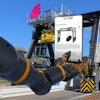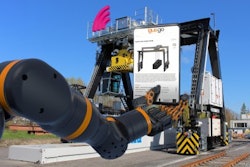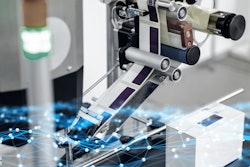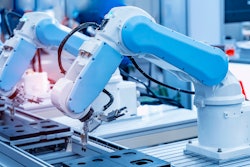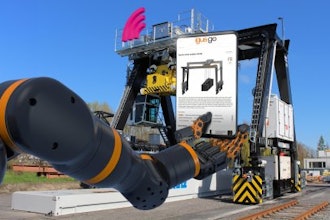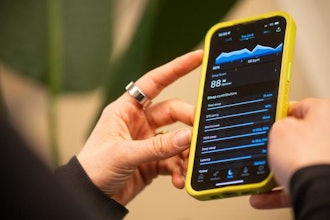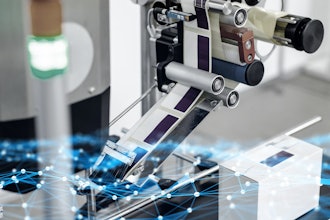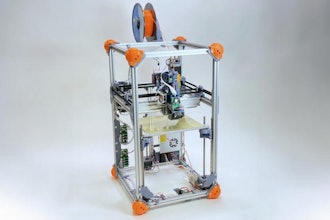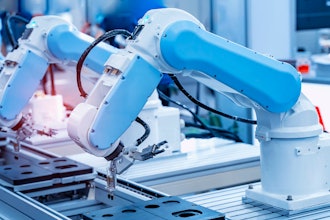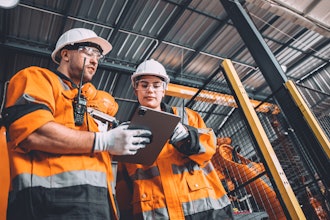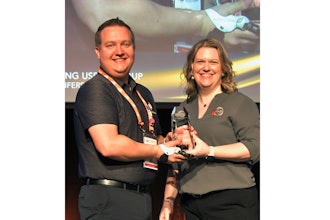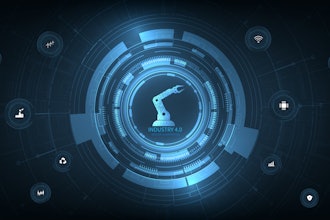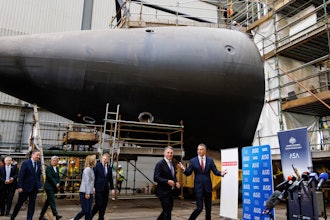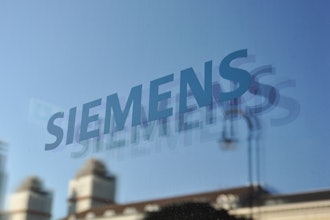Since its release, Amazon has sold over 20 million Echo devices with Alexa — the voice activated assistant. It has changed the way we complete many daily tasks, from shopping, to getting weather updates. But could it do the same for manufacturing?
Audrey, first developed in 1952 at Bell Laboratories, was the first speech recognition system, and able to recognise digits from one single voice. Once refined, the tech was introduced to smart phones, but was quickly neglected because of inaccuracy. However, huge strides in this field have meant voice recognition is now a part of everyday life. In fact, Android estimates that, last year, 20 per cent of queries were spoken — that’s around 20 billion spoken queries a day.
As the technology becomes smarter, it will be able to go from answering daily queries to conversing with manufacturers about their intricate processes.
Machines in factories are already communicating with one another, sending real-time data about condition, performance and other variables, and speech recognition will streamline this process further, improving intuition and efficiency on the factory floor.
Productivity
The main benefit of using speech recognition technology in a factory is the hands-free experience. The factory environment is unlike no other, so by being able to put the devices down, and make use of speech recognition capabilities, workers can concentrate on the task at hand, improving safety and efficiency.
Take warehouses as an example — pickers can use both hands to sort through products and ask for instructions using speech recognition.
Additionally, wearable devices such as smart glasses are becoming more popular in manufacturing, and remove the need for handheld devices. Now, workers can see the information overlaid in their field of view using augmented reality (AR) while they complete tasks using vocal and physical cues, increasing the chances of completing tasks accurately and on time.
Remote
Manufacturing plants are whole ecosystems with multiple plants miles apart from one another — many of which are in remote locations. Employees in these remote facilities may work alone and have a dedicated machine maintenance role.
Normally, in an emergency or a breakdown, this employee calls another facility for instructions, which can hold up production and increase plant downtime, but it doesn't need to be this way.
Voice search technology can help employees in this situation, as they will be able to solve issues quickly and efficiently. The technology will instruct the employee in how best to fix the system, through processing huge amounts of data.
Advancements in machine learning mean that manufacturers and machines will be able to learn from each other. Voice recognition will be fundamental to this, as devices will begin to understand their users and give the correct advice based on the user's situation and resources.
What does the future have in store for voice recognition in industry? It will be the ability to handle even more complex queries correctly and intelligently. As more people introduce Alexa, Siri and other assistants into their homes, speech recognition technology will continue to develop in the mainstream and filter into the manufacturing processes that benefit from this technology the most.
Jonathan Wilkins is a marketing director at EU Automation.
